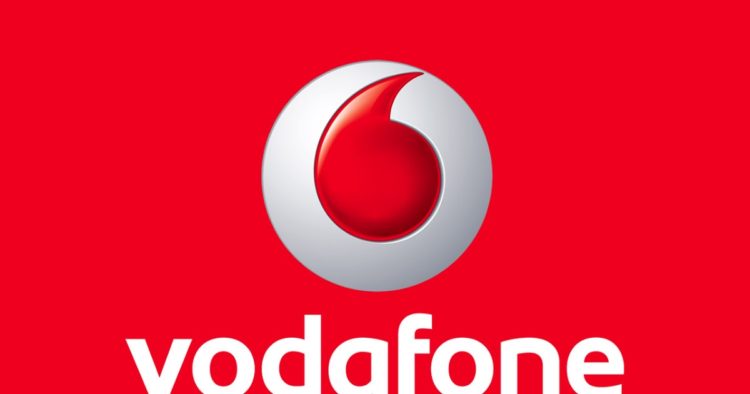By Tony O'Riley-
UK mobile network operators have won a legal case against regulator Ofcom over annual spectrum fees, in an extraordinary development last weekend over charges from the regulator.
A High Court ruling on Friday 17 May ruled in favour of Vodafone against Ofcom, paving the way for operators to claim back more than GBP 220 million from the regulator. The Judge granted Ofcom the right to appeal, but in the event of a failure, funds will be recovered and returned to the network operators.
The implication of the ruling is that mobile phone companies could grab over £220m after winning at the legal case against the regulator Ofcom over the annual fees paid on the spectrum
Vodafone said: “We are delighted with the court’s ruling. Ofcom has previously acknowledged that it failed to follow proper process in raising the licence fees and the court has now confirmed that the over payments should be returned.
The legal dispute relates to charges imposed by Ofcom between summer 2015 and November 2017. The effects of the charges was an increased annual licence fees (ALFs) four-fold during this period despite strong industry opposition. Initially challenged by EE, now owned by BT, a court ruling in 2017 stated that Ofcom should not have increased the fees without conducting an impact assessment. This ruling allowed Vodafone to lead the case to recover costs overpaid by operators during the period.
BT is expected to gain most from any refund because of its large spectrum holdings. O2 (Telefonica) and Vodafone would share around GBP 110 million, with 3 UK receiving the smallest share of any refund. Vodaphone has a bad reputation for overcharging its clients in the past and was charged heavily in 2016 for ignoring complaints. It was fined £4.6m in 2016 for failing to handle customer complaints for failing to handle customer complaints effectively.
Vodafone was shown to have disconnected inactive pay-as-you-go accounts after a certain period of time and recycles the numbers, a common practice in the industry.

